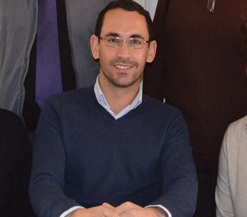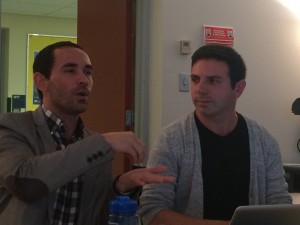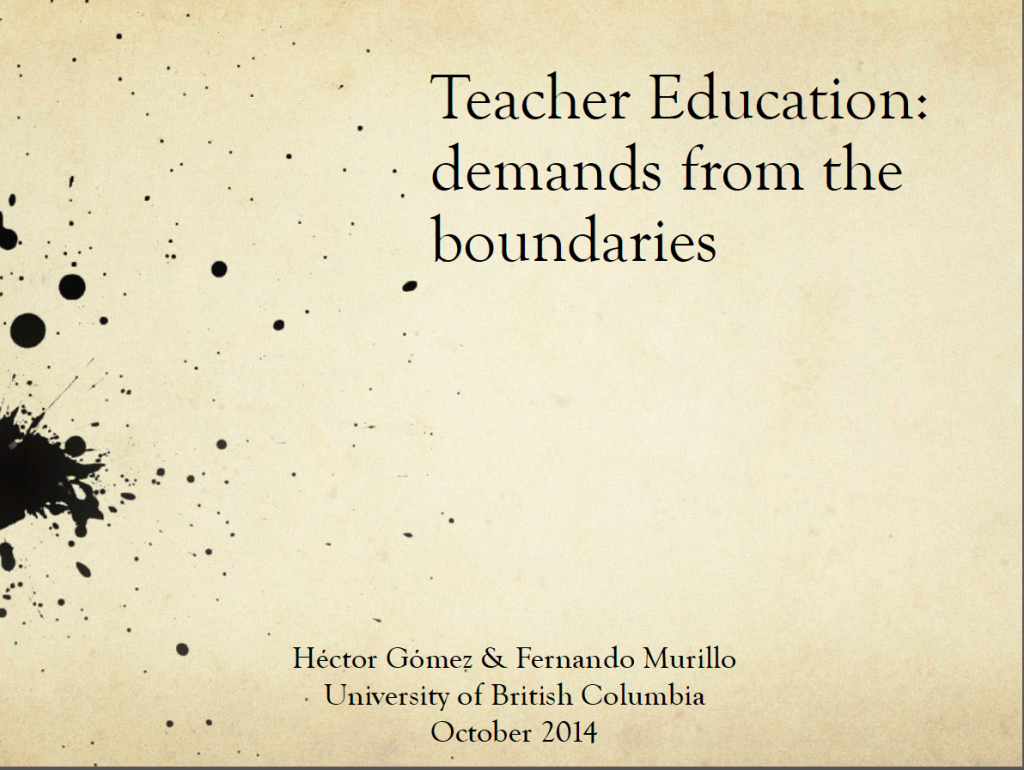Henry A. Giroux, Truthout, December 30, 2014– As public schools are privatized, succumbing to corporate interests, critical thought and agency are erased, and education emphasizes market values rather than democratic ideals. The emergence of larger radical social movements depends on public education maintaining its role as a democratic sphere.
Once 2015 begins both the US Senate and House of Representatives will be controlled by the Republican Party, one of the most extremist political parties in US history. (1)Coupled with the empty centrism of the Democratic Party, their ascendency does not bode well for public education or a host of other important social issues. Nor does it bode well for democracy. If we conjured up George Orwell and his fear of state surveillance, Hannah Arendt and her claim that thoughtlessness was the foundation of totalitarianism, and Franz Kafka whose characters embodied the death of agency and the “helplessness of the living,” (2) it would be difficult for these dystopian works of literary and philosophical imagination to compete with the material realization of the assault on public education and public values in the United States at the beginning of the 21st century.
These are dangerous times. Compromise and compassion are now viewed as a pathology, a blight on the very meaning of politics. Moreover, in a society controlled by financial monsters, the political order is no longer sustained by a faith in reason, critical thought and care for the other. As any vestige of critical education, thought and dissent are disparaged, the assault on reason gives way to both a crisis in agency and politics. The right-wing Republican Party and their Democratic Party counterparts, along with their corporate supporters, despise public schools as much as they disdain taxation, institutions that enable critical thinking, and any call for providing social provisions that would benefit the public good. Not only are both parties attempting to privatize much of public education in order to make schools vehicles for increasing the profits of investors, they are also destroying the critical infrastructures that sustain schools as democratic public spheres.
Teachers have been deskilled. Losing much of their autonomy to be creative in the classroom, they have been relegated to technicians whose sole objective appears to be enforcing a deadening instrumental rationality in which teaching to the test becomes the primary model of teaching and learning. Moreover, they are being demonized by the claim that the major problem with public education is lack of teacher accountability. The hidden order of politics here is that larger political and economic considerations such as crushing poverty, mammoth inequality, a brutalizing racism and iniquitous modes of financing public education all disappear from the problems facing schooling in the United States. Teachers also serve as an easy target for the (un)reformers to weaken unions, bash organized labor, discredit public servants, and “argue that education can be improved if taxpayer money is funneled away from the public school system’s priorities (hiring teachers, training teachers, reducing class size etc.) and into the private sector (replacing teachers with computers, replacing public schools with privately run charter schools etc.).” (3)
Read More: Truthout


 Follow
Follow



